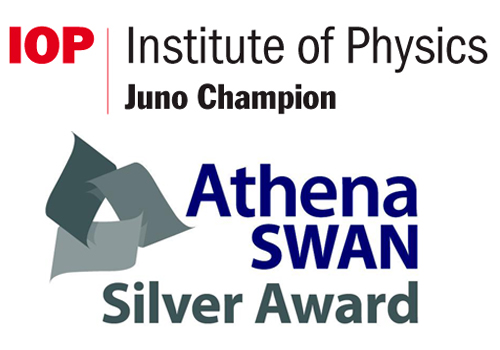
The story of how I got involved in eBase started in 2016, when I took on the role of Director of Equality & Diversity in the School of Physics & Astronomy at The University of Edinburgh, in addition to my work as a Chancellor’s Fellow. My focus, initially, was leading the School’s submissions to two gender-equality accreditation schemes: Institute of Physics Juno Champion and Athena SWAN Silver (both awarded in 2018/19).

During that time, I became aware of (at least!) three challenges:
1) data: finding it, checking it and making sense of it;
2) aim vs reward: what happens if an organization aims to promote equality, diversity and inclusion, but its reward system does not necessarily encourage that aim;
3) the prevalence of approaches in the equality, diversity and inclusion arena that seemed to be insufficiently supported by evidence.
I also realised that these three challenges were unlikely to be solved at individual-School level…
Around about the same time, Karen Halliday took over from Lesley Yellowlees as chair of the College of Science & Engineering Equality & Diversity committee. If I remember correctly, she also commented on the lack of evidence-based approaches in the equality, diversity and inclusion arena within higher education on several occasions. Hence, when I noticed the EPSRC Inclusion Matters call, I immediately knew who to contact!
Karen Halliday had also invited Karen Salt to give a talk at The University of Edinburgh. That talk completely blew me away and totally convinced me that collaborating with social scientists is the way forward in making progress with understanding equality, diversity and inclusion in STEM.
During that talk, I think I was sitting next to Sara Shinton, who I knew from her days as a careers-advice consultant. I seem to remember that we both came out of that talk telling each other: *this*, this is spot on! Chance discussions I had been having with Sara Shinton revolved around the tension caused in organisations when they aim to achieve something, but their reward systems are not sufficiently aligned with that aim. I’m not sure I realised it at the time, but I think the discussions we were having back then also revolved around ‘excellence’ and an essential component of equality, diversity and inclusion being that we should not just have one model of excellence.
In my memory, that talk by Karen Salt, and the corresponding discussions before and after the talk, is where the eBase project originated and how I got involved in the project.
